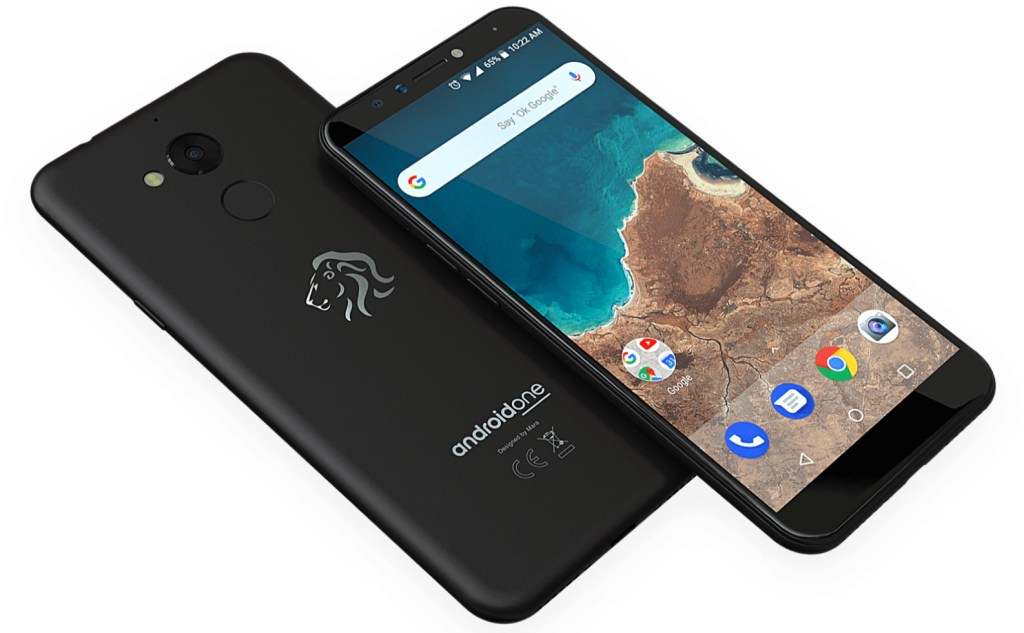
Africa’s youngest billionaire Ashish Thakkar, celebrated valentines by showing he is in love with mother Africa, when he gave her an android phone produced on the continents soil. The Mara phone was launched and first sold on the 14 February, marking valentine’s day. The west brag about iphone’s while the east rave about Huawei and Sony technology to mention but a few but Africa will now boast about the Mara phone which will compete with these global brands.

Thakkar gave a snippet of the product offering at Akinwumi Adesina’s brain child, the Africa Investment forum last year in Johannesburg at the Sandton convention. Thakkar has proved against all odds that Africa can produce exactly what the west is making and that if we can buy Africa, then therein lies the solution to our trade imbalances that are causing dislocations in our macroeconomic fundamentals especially inflation and exchange which most African nations are grappling with.
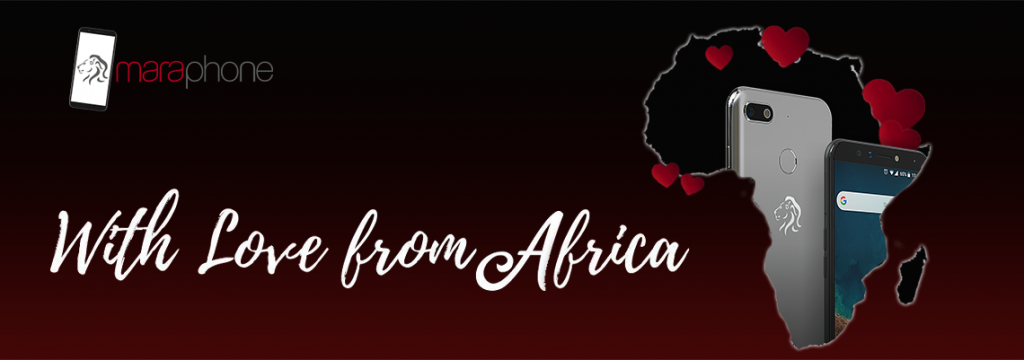
E-commerce boom is a silent key import inflation driver
Allow me to deviate a little, sitting at the Kenneth Kaunda international airport, I see the DHL operated Boeing 737 fly into Lusaka very often as a very good sign of business pulse. Actually the first DHL aircraft was the ATR42, a pretty much smaller propeller engine. So in my mind I am skewed to thinking this is a boom for delivery business but reality is our import levels are swelling through e-commerce platforms as more and more Zambian’s are buying goods online through card swiping which technically pushes demand for foreign currency ultimately putting the kwacha under pressure.
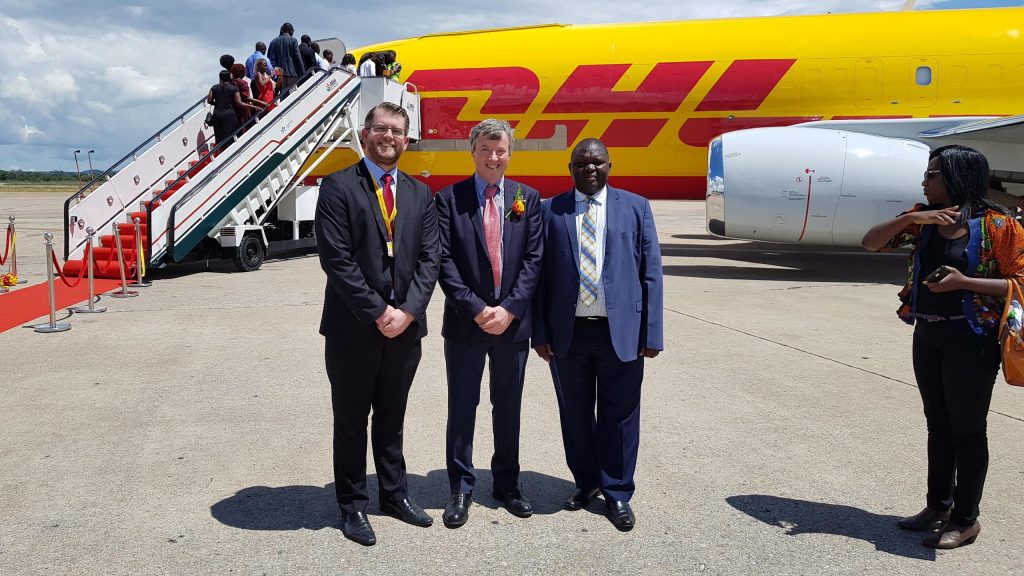
I really wish VISA could share statistics of the amount of dollars purchased through card usage to fund imports from e-bay and other online engines. And by the way this is not unique to Zambia, but most African nations. Because I’m not an expert at trade, I established during an informal chat session with a colleague that works for the Zambia Airports Corporation that the e-commerce boom is the reason DHL upgraded its haulage transport medium. However, the downside is that the aircraft is full of goods (imports) when flying in yet leaves close to empty when leaving Zambia, a sign of weak export base which if we carefully plot the curve will relate to anemic manufacturing capability.
The specs of Thakkar’s smart phone
Smartphones can be found almost everywhere across the planet; its advent has been fast and its reach, potent. Today, you can find them in every corner of the globe, including the first high specification, affordable smartphone phone manufactured in Africa. Rwanda and South Africa will house the inaugural manufacturing facilities and are set to revolutionize the usage of mobile devices on the continent, thus impacting and increasing development on the continent.
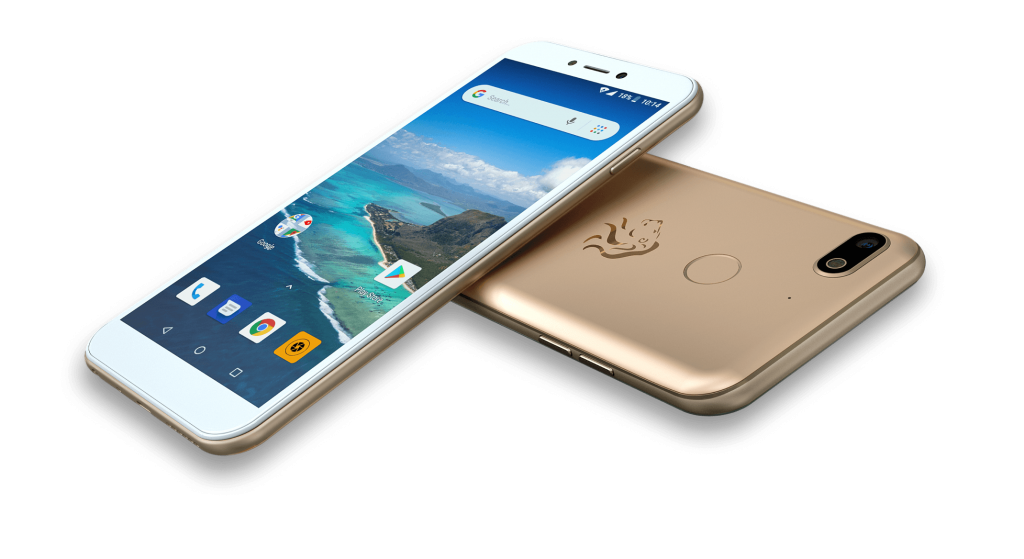
Conceptualized through deep-rooted local knowledge and innovative vision of the Mara Corporation, the company are set to launch the Mara X and Mara Z on 14th February 2019. Both models showcase the prowess of engineering in the continent. These devices will launch under the Android One program by Google encompassing regular updates. The specifications of the phones integrate subtle differences.
The Z is the flagship model, incorporating features like a 5.7inch HD plus display, an Octa-Core Processor, 3GB RAM, a fingerprint sensor 13mp selfie camera with exceptional results and Dolby Audio 5+1. The Dolby stereo speaker set gives the Mara Z a great audio visual experience. The Z also packs a powerful battery, along with a quick charging configuration that allows it to get 50% worth of charge in just 30 minutes. Being part of the Android one program, the Z will be eligible for two years’ of OS updates and three years’ worth of security updates.
The Mara X, on the other hand, integrates the Android Oreo, Go edition, this operating software allows the phone to function smoother, better and faster. It can help optimize up to 40% of data usage, thus helping you conserve around 600mb of data every single month. Mara X comes with a 13mp back camera and the 5mp front cam. Also includes a 5.5inch HD plus screen with 18:9 aspect ratio, a quad core processor along with one gigabyte of ram and a 5000 mAh battery that makes the phone an endurance champion.
The African manufactured smartphone integrating a high specification but also maintaining affordability, enabling growth and development on the continent. Mara Phone, an Android smartphone, will be included in all aspects and a mechanism for job creation. The quality and technologically enhanced smartphone made in Africa, for Africa and the global marketplace.
Forecasting the now future
The Mara phone sounds just like the name Atlas Mara and anyone would obviously think the two are linked. Well not that we know of officially but futuristic, I wouldn’t be shocked if the next move was to see some form of integration between the Mara phone technology and the banking system transact ability with AtlasMara. The First National Banks (FNB) of South Africa are into selling mobile devices and sim cards configured with banking services as they bring the entire bank into clientele’s pockets. Imagine a world where buying a Mara phone makes one by default an AtlasMara client and the details shared at gadget purchase tick the KYC box for due diligence and then all functionality that one would do by walking into the bank can be done on the phone, then Africa is surely onto a massive digitization leap.
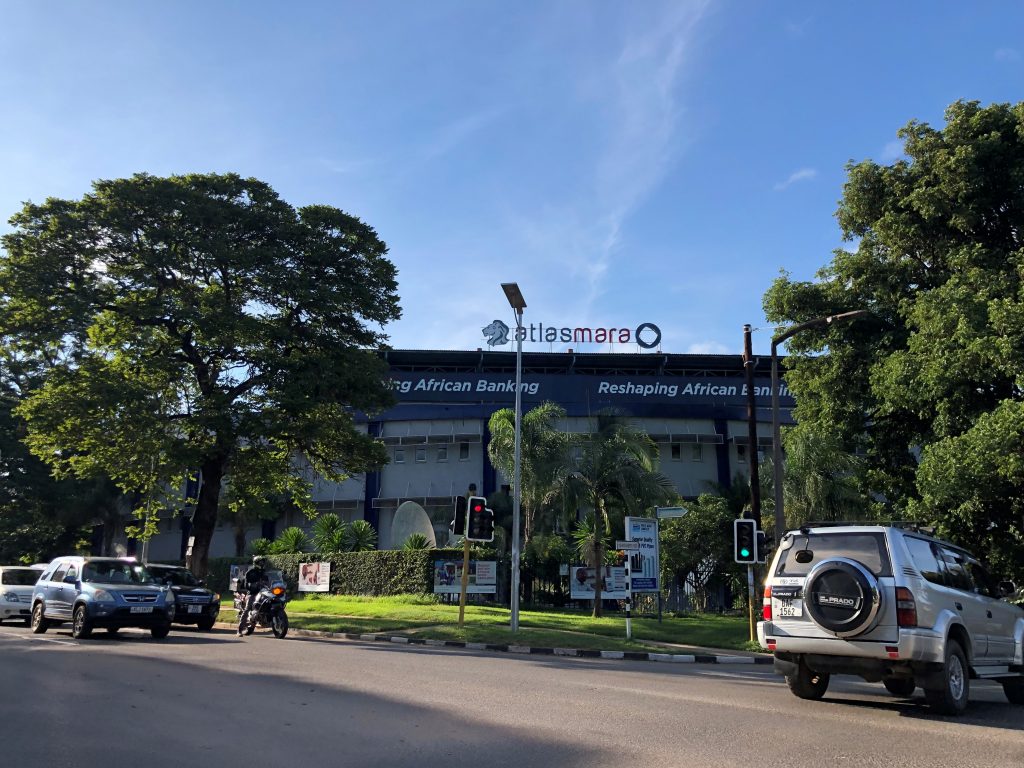
With the artificial intelligence age, we are sliding into, the transactions done on the Mara phone should allow for credit evaluation computation to assess a client (the phone owners) credit worthiness to allow them access credit through digital platforms would improve retail credit efficiencies and costs. However digital security would be a key threat and risk that needs to be managed aggressively as the cyber age can be a migraine to those selling technology and cloud packages.
Buying Africa supports continental trade, solution to Africa’s problems
Africa has for decades grappled with continental trade but for weak manufacturing capacity as a consequence of being Dutch diseased at times when commodity prices peak. Only when commodity prices plummet does Africa begin to think diversification whose drive has been procrastinated for a very long time. Intra-regional trade fostered by economic groupings such as ECOWAS, SADC, COMESA have struggled to make trade a success because nations either don’t produce enough to absorb the African market for goods or that goods produced do not compete favorably with global products. There is an immense need to buy Africa if the continent is to grow at the pace it should ideally to reflect its full potential.
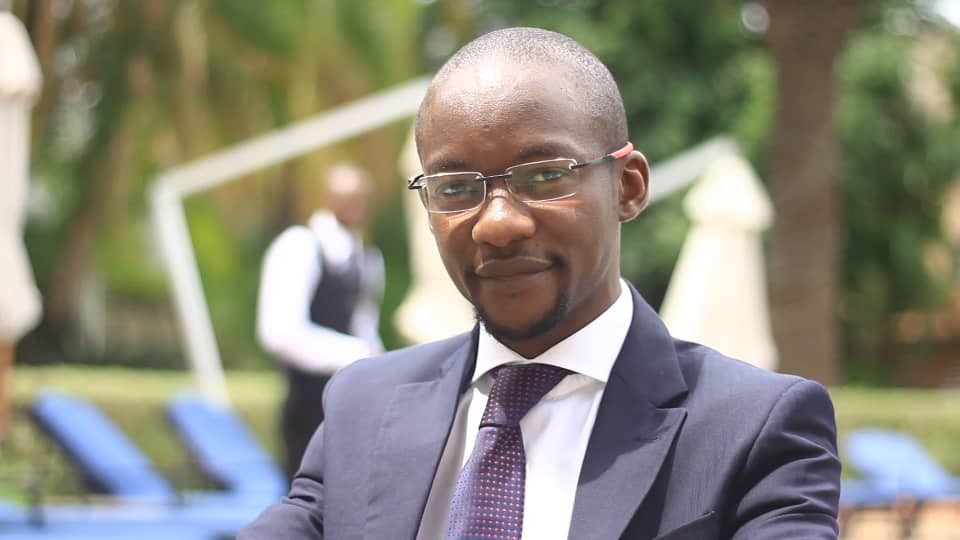
Mutisunge Zulu is an Economics and Finance Expert and serves as National Secretary for Economics Association of Zambia.

